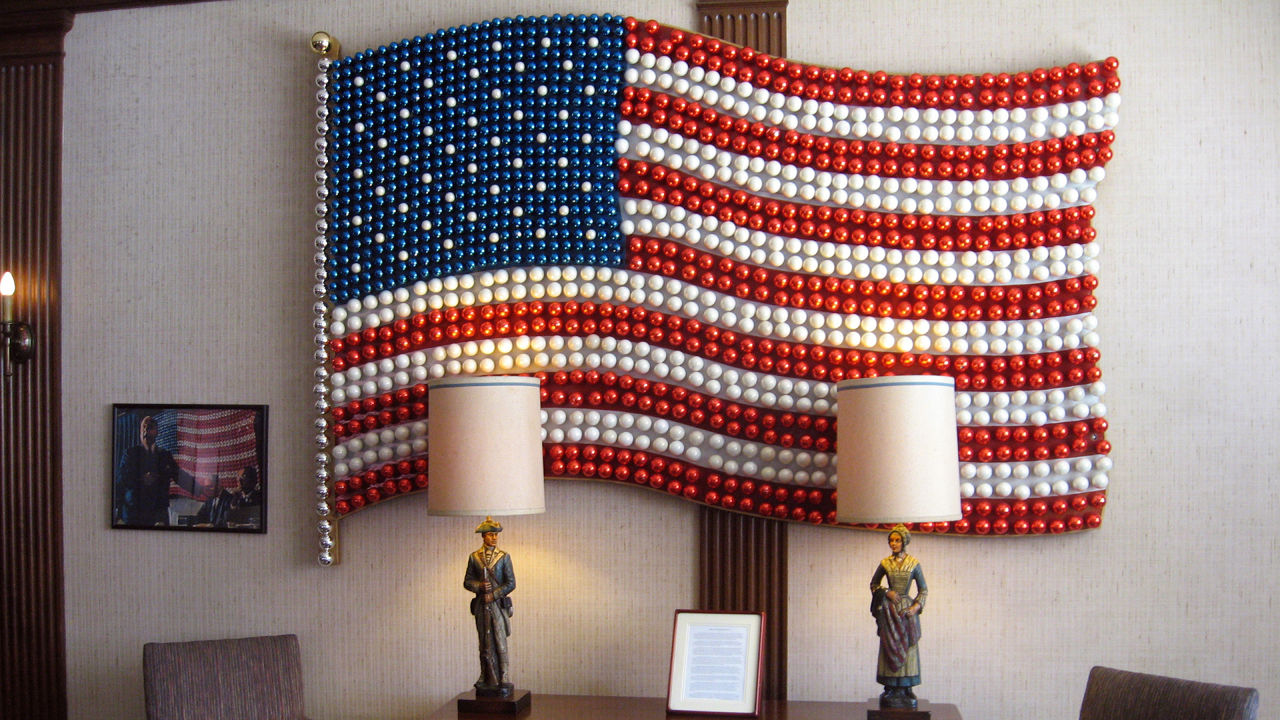
The next generation of consumers isn't buying what you're selling. We're just not that into cars. And we're just not that into houses, either. We're really not into a lot of new stuff in general.
So what's a 21st century company to do?
For much of the 20th century, B-to-C businesses sold the American Dream piece by piece. Whether it was the house, the appliances in it, or the chemicals to make yours the greenest lawn in your suburban neighborhood, the market was vast for products and services that could show the world that you've "made it."
Now the stuff people buy doesn't matter nearly as much as their ability to produce it, design it, write it, or create it. It’s a whole different kind of “making it.”
Millennial values are turning the consumer market into a creator market. They want to create choice where there was none before, create legacy where there were only retirement parties, and create connection where before there were roadblocks to relationships.
The products and services making this easier will be the killer apps of the future. The businesses that create them will have the easiest time attracting top talent and keeping them on board.
SELL THEM ON THE FLEXIBILITY THEY CRAVE.
In a recent interview, Greg Goldner, millennial expert and freelance TV host and producer, told me, "We want to work from home when we can, creatively collaborate with others, and have random Fridays off."
Any product or service you create that facilitates flexibility is going to have a great chance in the millennial market. Evernote makes it easy for us to create from multiple devices, not to mention it keeps our flexible lives organized across a range of platforms. Uber allows us to call a cab at a moment’s notice when plans change or inspiration strikes.
HELP THEM BUY INTO YOUR COMPANY’S VISION.
"We want to feel like what we're doing is making a difference. Thus companies like Toms, Warby Parker, and Stone & Cloth," said Goldner.
Millenials want to work for companies that have a strong sense of purpose and buy goods that help us belong to communities. Toms and Warby Parker both donate one product for each product purchased. I’ve often joked that it’s my duty to buy more so that they can help more people.
GIVE THEM TOOLS TO DESIGN THEIR OWN LEGACY.
Sapna Mehra, a jewelry designer and former client, says she's looking to create better opportunities for her family and to "have control and determination over how my life will look and the legacy I will leave."
Publishing platforms like Medium allow us to write our way into the future. Services like Square and Stripe give us a leg up on turning our business dreams into reality both offline and online. MakerBot and other 3D printing startups are imagining how we can shift our role from consumer to creator even in our own homes.
For many millennials, American Dream-style consumption feels cookie cutter. Products or services that help us make unique, true-to-us choices will also have a great shot at success.
IT’S ALL ABOUT CONNECTION.
Of course, we also value connection to each other and the world around us. From Instagram to Snapchat to WhatsApp, millennials are hungry for new and innovative ways to keep in touch, see things in a new way, and share what's important to them. While this market is crowded, new products can still stand out from the noise when they offer a new take on the need for human connection.
Millennials may be interested less in owning today, but when they do buy, they're looking for meaning. Old product categories get new life when your company infuses them with meaning. A fresh design, a new message, or a better understanding of how people use your product can lead to an innovation of meaning that boosts sales of your product.
Millennials will continue to shape the consumer market for decades to come. If your company isn't staying ahead of their consumer values, you'll be left out in the cold. Instead of trying to make it work alongside the old American Dream, push forward with our generation, redefining a new dream we can all buy into.
--Tara Gentile is a customer-obsessed business strategist and the founder of CoCommercial in Astoria, Oregon.

